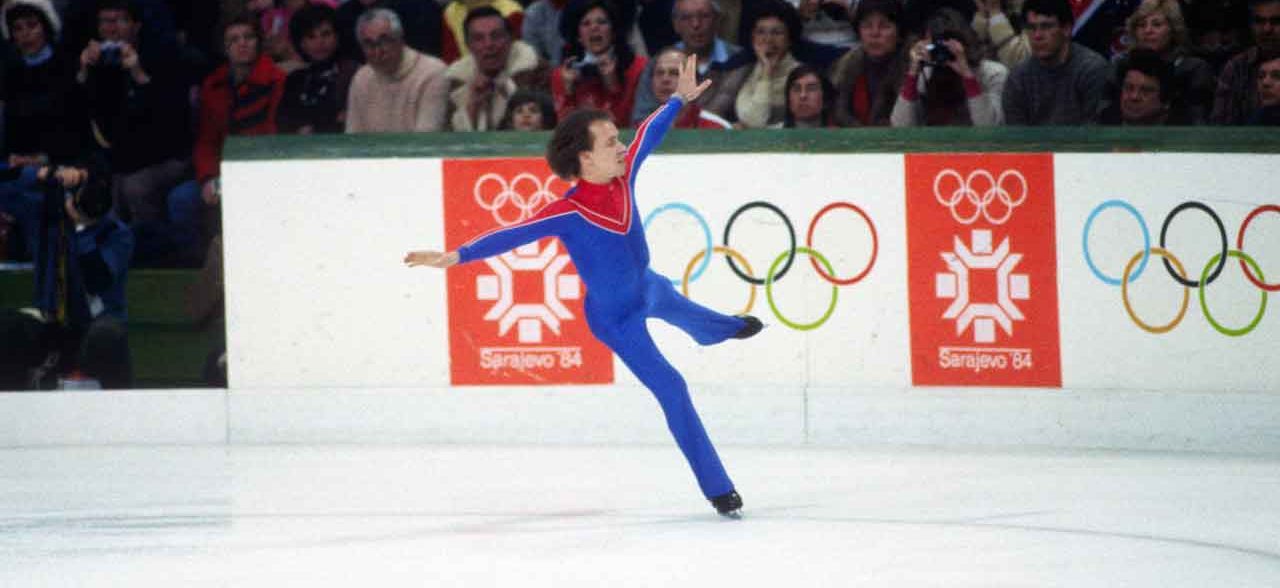Scott Hamilton’s Guide to Winning - Page 2

Embrace stress as a tool for winning
Unrelieved stress can be harmful to mind and body. But we can’t avoid all stress and, as Hamilton points out, that’s actually a good thing. In fact, it can help make you a winner.
Consider the fact you need to stress muscles to strengthen and build them. And, likewise, stress can help build your emotional and mental “muscles,” Hamilton explains.
“If we don’t have some level of stress in our lives, then we don’t have the ability to stand up on our own. It’s not like avoiding stress will make the world become all great and fair. There’s nothing fair about it,” he says. “We all need to truly embrace whatever comes at us and commit to a course of action — that’s how we learn and grow from stress and adversity.”
Turning failure into winning
It can be difficult for adults — and kids — to see how mistakes and failures can end up leading to success. Hamilton’s youngest son, for example, was miserable after he started playing ice hockey and his team lost their game badly.
“My son got into the car to go home afterwards and he was angry, hurt, and upset,” Hamilton recalls. He told his child that he understood and that he didn’t like to lose, either.
Then he asked his son: “What did you learn today? What can you improve on?”
The boy answered he could learn to skate faster and he also needed to work on his stick handling and how to set shots up better and stronger.
Hamilton told his son that was terrific. But then he asked what the boy would have learned if his team had won that day. His son answered, “I don’t know.”
Hamilton says this story sums up what he tells people of any age who will listen. “There are going to be victories and defeat. That’s just part of life,” he says. “So much of character building in sports, and other areas of life, too, is how you process failure, what do you learn from it, what can you do better.”
Stop dragging your failures around
Hamilton has one pet peeve about figure skating. It’s when a skater makes a mistake in the beginning of a program and then, when the music is over and it’s time to take a bow, they relive their failure, shaking their head and reminding everyone in the audience and the judges they goofed earlier.
“There’s a life lesson there. When failure is behind us, it’s over,” he says. “Once you fall down and get up a few times, you need to put your failures in the rear-view mirror. Stop dragging them around — whether it’s a sports failure, a school failure, a relationship failure, or a job failure. It’s something you learned from and now it’s behind you.”
Updated:
April 23, 2018